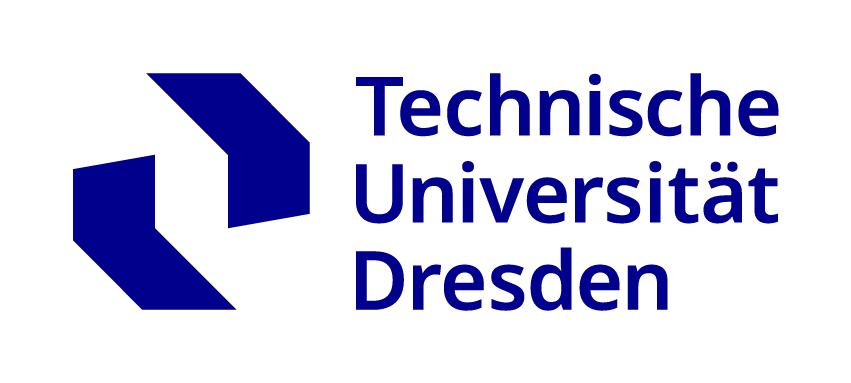Professorship for Molecular Developmental Genetics
Parent Units:Technische Universität Dresden (TUD)
German name: "Professur für Molekulare Entwicklungsgenetik".
Contact
| web: | http://www.biotec.tu-dresden.de/research/brand.html | |
| email: | ||
| phone: | +49 (0)351 458-82300 | |
| postal address: | Technische Universität Dresden (TUD), Professorship for Molecular Developmental Genetics, 01307 Dresden, Germany | |
| office address: | Technische Universität Dresden (TUD), Professorship for Molecular Developmental Genetics, Tatzberg 47/49, 01307 Dresden, Germany | |
| partner: | Technische Universität Dresden | |
Expertise
A fundamental problem in neurobiology is how the multitude of different cells of the brain is generated from their precursors, or stem cells. We study the underlying mechanisms during vertebrate brain development and regeneration.
In contrast to mammals, the central nervous system (CNS) of adult zebrafish retains a large number of active neural stem/progenitor cells producing numerous new neurons of different subtypes in discrete spatial domains. Moreover, the adult zebrafish CNS has a spectacular ability to regenerate after severe lesions. Combined with well-developed genetic and molecular biology tools, it therefore provides an ideally tractable system for understanding recruitment of stem cells during normal homeostasis and in the context of regeneration.
Using various CNS lesion paradigms, transgenesis, Cre/loxP technology and next generation sequencing we investigate which genes and pathways regulate adult neural stem cell activity and their ability to repair damage. We also address how the distribution of organizer-associated signalling molecules is propagated in the embryonic and adult CNS controlling the formation and maintenance of compartment boundaries.
Our studies will provide clues on how CNS regeneration can be stimulated also in mammalian brains and pave the way for stem cell based regenerative therapies against acute as well as chronic brain injury.
Future Prospects and Goals
-
Identification of the molecular mechanisms that allow adult CNS regeneration in a regeneration-competent organism to rekindle regeneration in degenerative brain diseases and also in the mammalian CNS
-
Organizer-dependent patterning and differentiation processes in the embryonic and adult vertebrate brain
Affiliations
Parent Units
| name | type | actions |
|---|---|---|
| Biotechnology Center of the TU Dresden (Biotec) | Center |
Last Update
Last updated at: 2018-01-31 08:48

